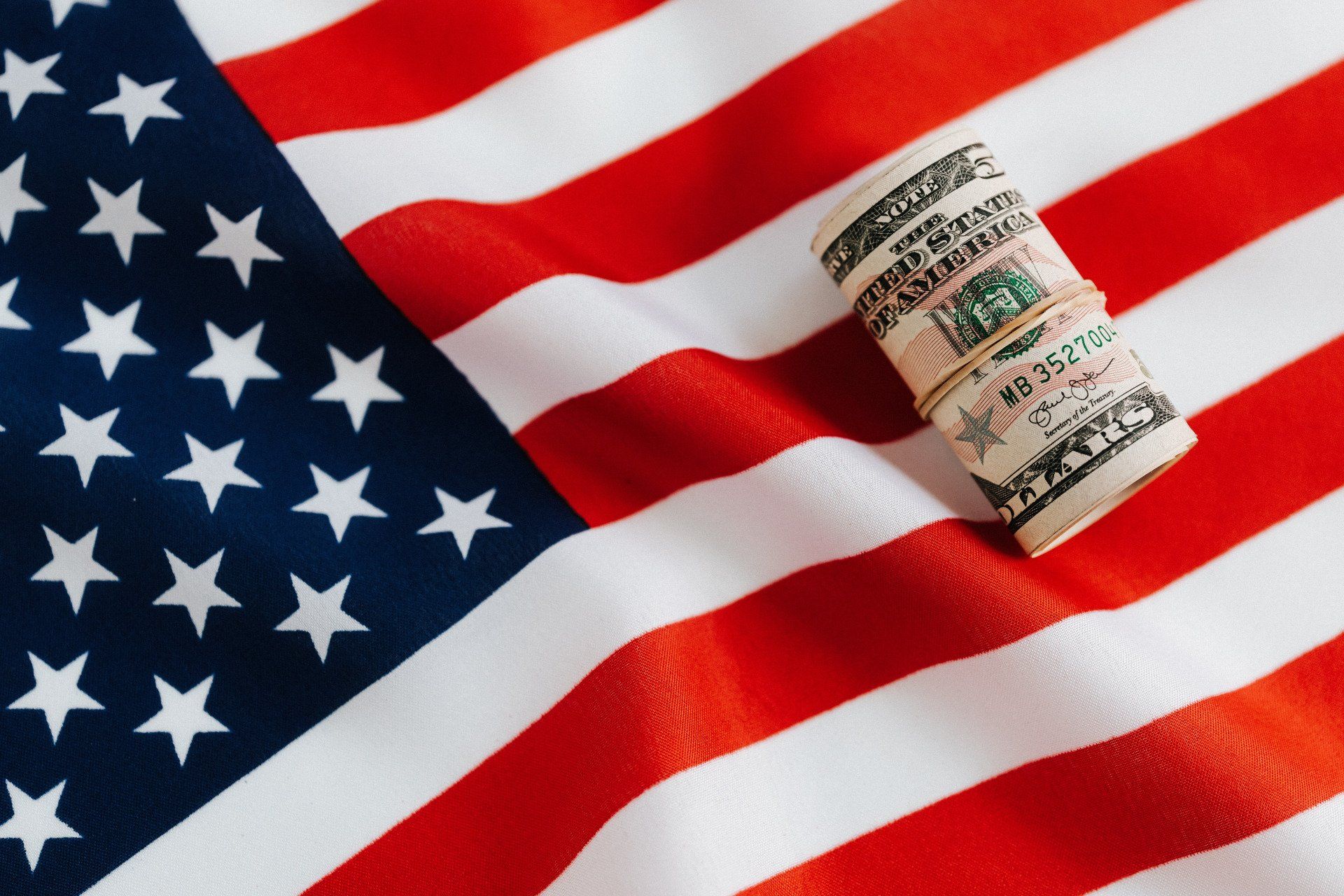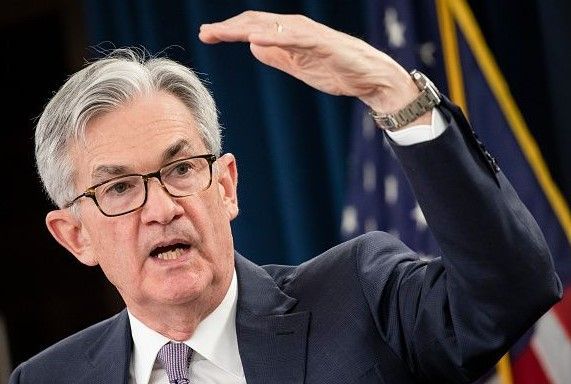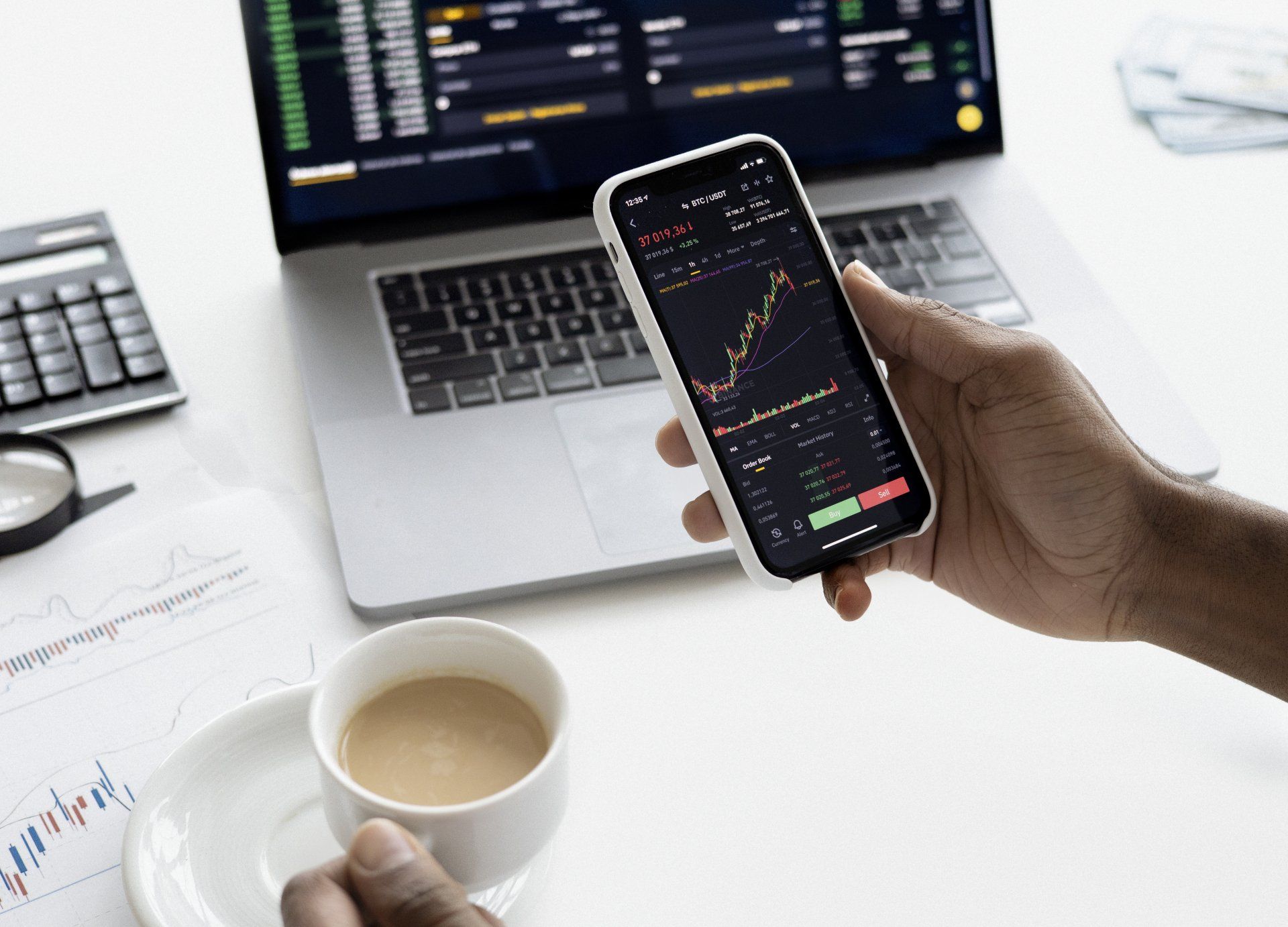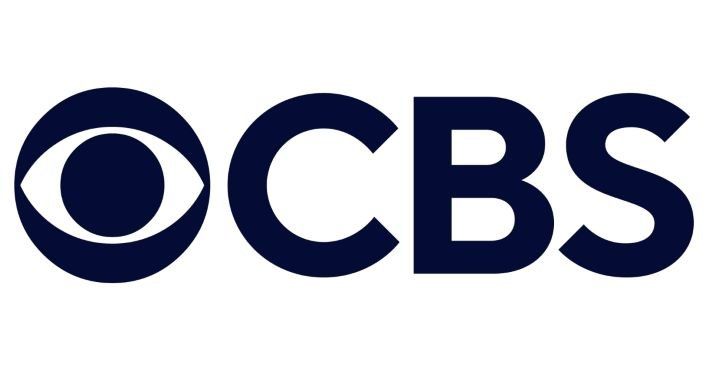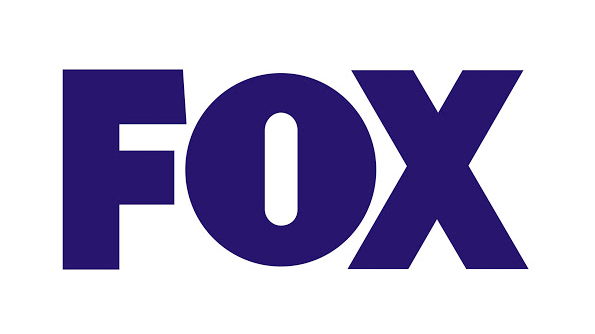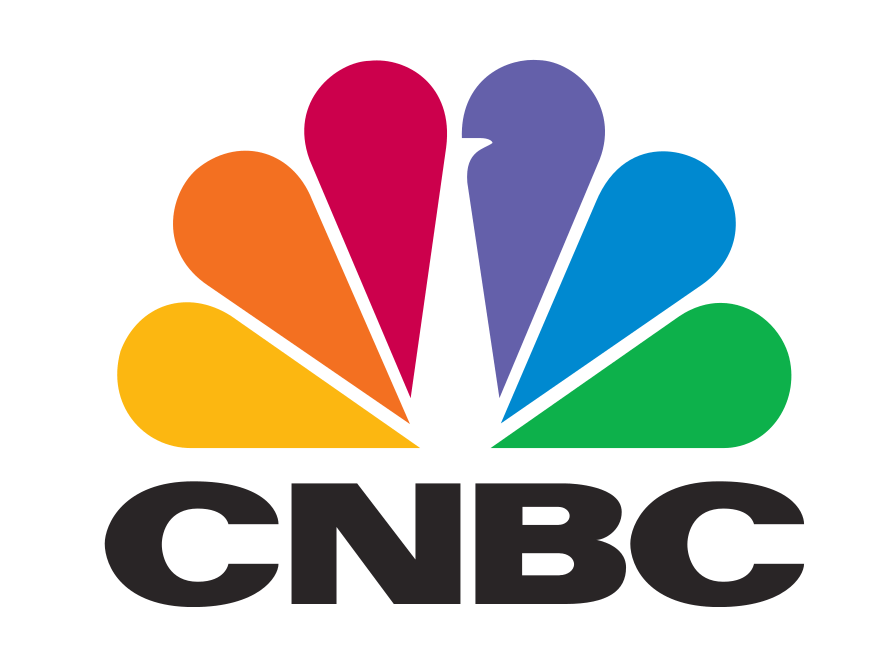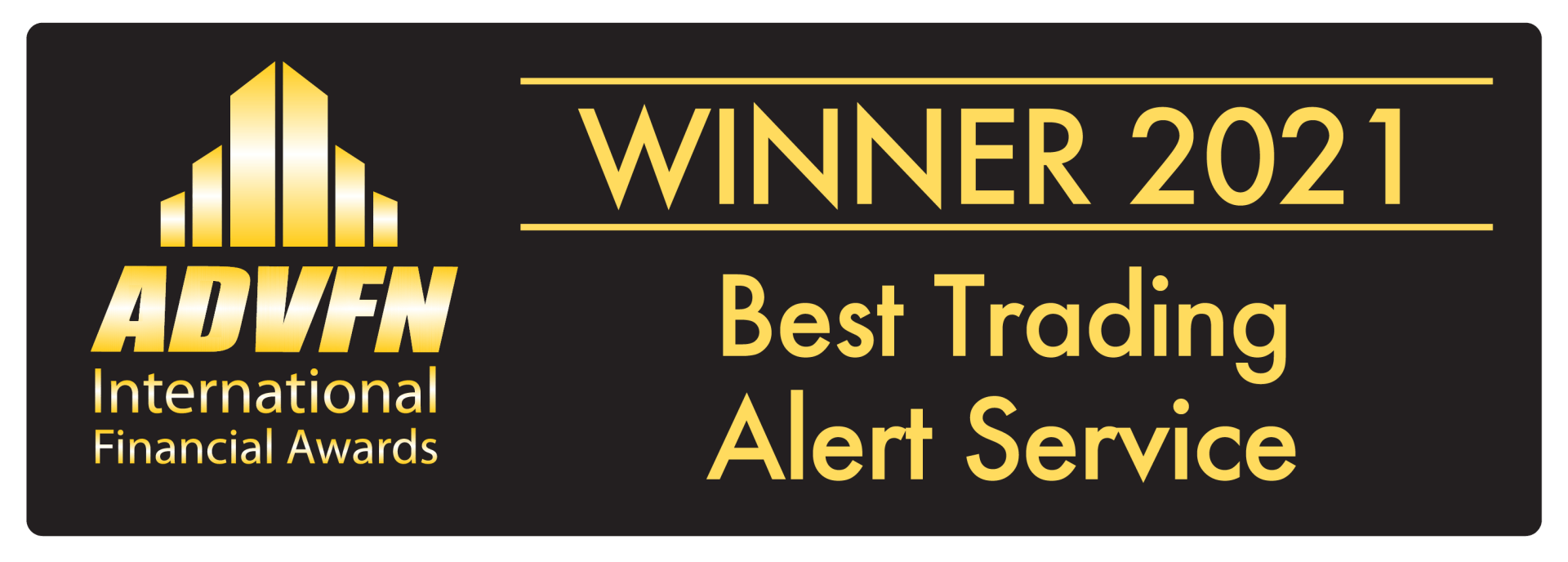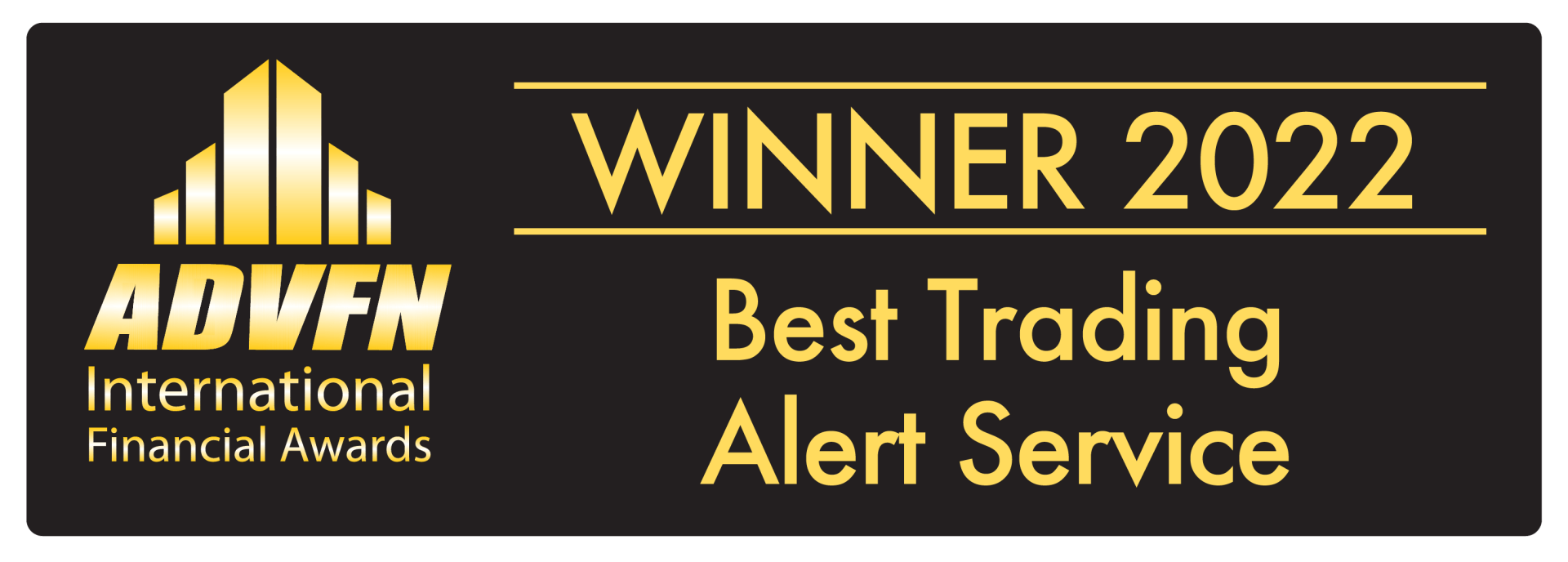Artificial Intelligence in Trading
AI (Artificial Intelligence) plays a huge part in today's finance world. It's ability to understand complex mathematical relationships and automation capabilities make it indispensable for big banks and hedge funds.
In a previous blog post we've covered the broad topic of Artificial Intelligence (AI), what it is and why it has the potential to be so useful (and potentially dangerous at the same time). In this post we focus specifically on the use of AI in Finance.
Let's start with the evolution of AI in Finance, you may be surprised to hear that it's actually nothing new:
- The term AI was coined in the 1950s. Markowitz introduced the first quantitative finance model based on portfolio theory in the 1950s
- In the 1960s, Bayesian statistics was used heavily in machine learning applied to auditing and decision-making in finance hence speeding up the process and removing potential human error
- The mid-1970s to the 1980 has become known as the AI winter, this is when interest in the field and government funding both reduced
- In the 1980s, expert systems and neural networks (that process in a similar way to the human brain) emerged as powerful tools for market prediction and financial planning. These forecasting tools were adopted by pioneering hedge funds of that time
- AI developed through the 1990s and 2000s, becoming more sophisticated and diverse with a particular focus on fraud detection. applications
- From the 2010s onwards AI in finance reached new heights of performance and scalability, thanks to the availability of massive data, cloud computing, and advanced algorithms. Natural language processing, sentiment analysis, reinforcement learning, genetic algorithms, and deep learning all played their part. AI could now execute trades at high speeds and fast frequencies, analyze complex and dynamic market conditions, and generate novel and creative trading strategies
However, the history described above required significant investments in developers, systems and associated infrastructure which could only be afforded by large banks and hedge funds. As we've moved into the 2020s there has been a huge reduction in the cost of computing power required to use AI and significantly increased competition of AI companies bringing their wares to market. Both of which have made it easier for smaller players to develop and use AI capability.
That means that more AI capability is available to Retail Day Traders with the promise of improving trading accuracy and bottom line performance. But caveat emptor, beware of the hype and empty promises. The market place for trading and investing knowledge is still like the wild west, remember the crypto craze? Seems like it was only yesterday.
Big banks and hedge funds use AI to predict many trading parameters: when to enter, how many contracts, when to increase/decrease contracts, when to hold/get out etc. If you're buying a retail system you should look for one that gives you at least some of this capability. But you need to see concrete examples of trading performance; let's be honest you don't need to understand how the AI works or what it's doing you just basically want to see make better trading decisions. Focus on tools that help you implement trades, not on courses that say they'll "teach you how to trade", these very rarely work. Because get what? trading is difficult, which is why bankers spend many years perfecting their skills which so it's not something most people can learn in their spare time.
Inteligex trading software has always used Machine Learning to calculate the powerful cribs and support/resistance levels that give you award winning trade signals and indicators. Now with Inteligex QuantTrader this has evolved to fully harness the power of the latest AI technology and supporting GUI hardware. Responses to our predictive tool are now made within 60 milliseconds meaning that information is available in time to make precise automated trading moves.
AI capability will transform the power of trading tools available to retail traders. But as they say with great power comes great responsibility so look for a system with a track record and one that ties the fees to successful performance; after all, that's how hedge funds work.




